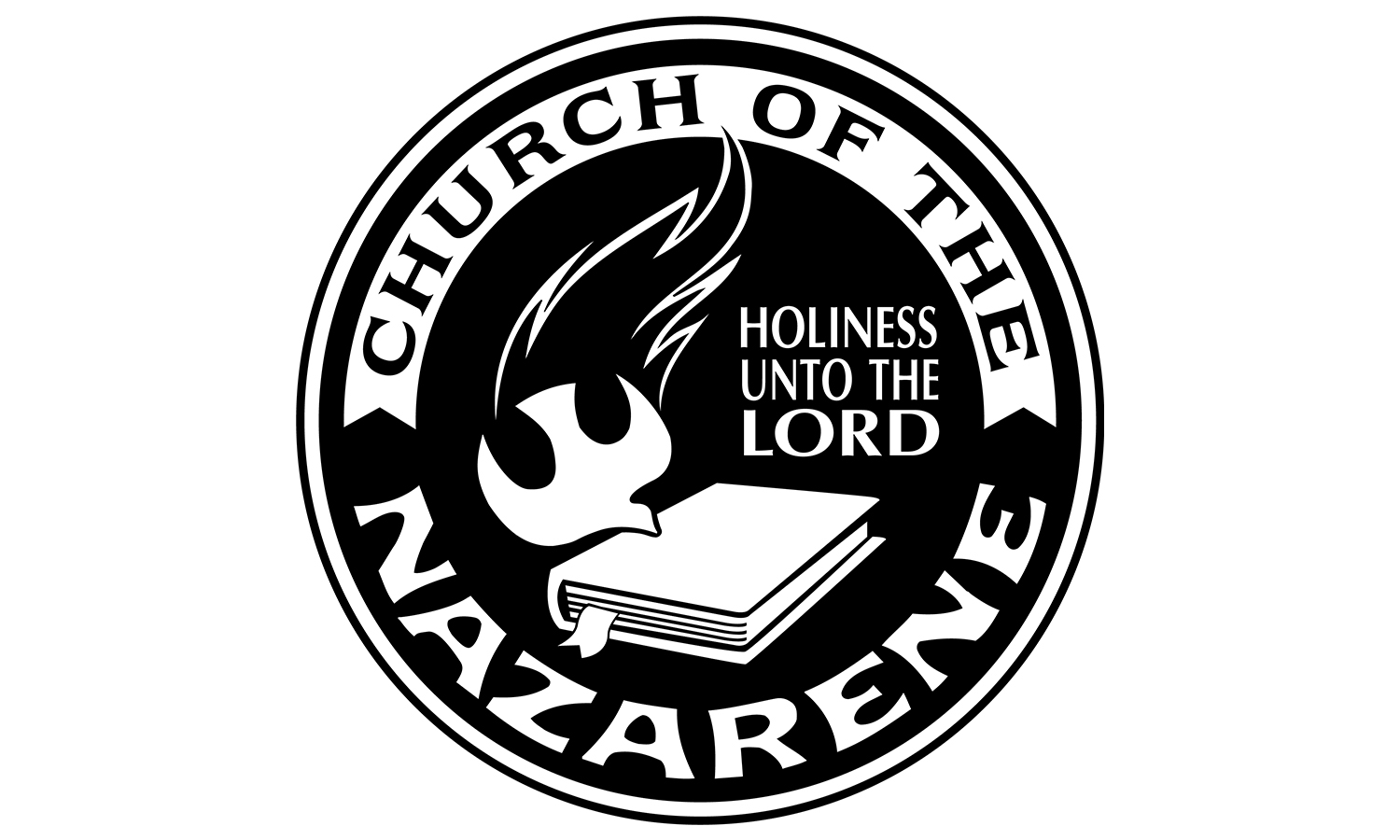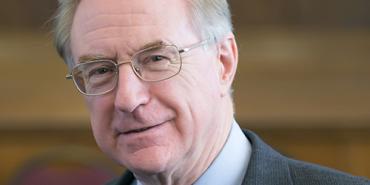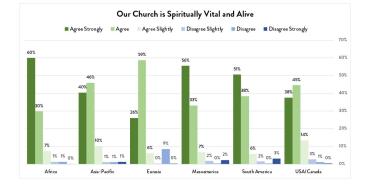One Holy Faith

As Christendom is increasingly under attack by the forces of atheism and unbelief, it is important for the Church of the Nazarene to periodically review her "story." There is no better place to begin that review than with our Manual.
Utter the word "Manual," and many good Nazarenes exhibit a pained expression: "Not the Manual!" Because the Manual has been so closely associated with legalism, structure, and authority, many postmoderns cringe at the thought of even investigating the story of the church as told in our Manual.
Beginning with the historical statement, one immediately notes the reference to "One Holy Faith." This initial paragraph was carefully worded in order to refute any charges of sectarianism that would inevitably made against the fledgling denomination. The Church of the Nazarene acknowledges the following confessions:
Confession One:
Nazarenes confess themselves to be a branch of the "one, holy, universal (catholic), and apostolic" church and have sought to be faithful to it. This confession cannot be overemphasized. In an era of independent megachurches and all manner of strange and confusing exhibitions claiming to be evangelical churches, we have witnessed abuse of power, ethical shortcuts, and theological absurdities.
The Church of the Nazarene cannot endorse every wind of doctrine or aberrant practice extant in the Christian Church today. At the same time, however, we cannot disconnect ourselves from the "one, holy, universal, and apostolic" church that has existed since the time of Christ. Nor do we identify this church with specific and exclusive expressions or labels, understanding that God is always at work fashioning and shaping a people for himself. We confess that we are one branch of the true vine, that God is working to prepare a people for himself, and that we are within the scope of His divine work.
Confession Two:
Two important elements exist in our second confession. First, we confess as our own the "history of the people of God recorded in the Old and New Testaments, and that same history as it has extended from the days of the apostles to our own." Every time a congregation gathers to worship the Lord, we are historically linked with the people of God stretching back all the way to the pages of the Old Testament.
Administratively and officially, our history began at Pilot Point, Texas, in 1908. Spiritually and theologically, our history begins with the formation of God's very first people whom He called and invested with His grace, mercy, and hope of salvation.
This is why we take our worship seriously. We resist trends and fads, knowing that passing fancies do little to enhance awareness of our connection with the story of God calling, fashioning, and preserving His people.
The second part of this confession affirms the Church of the Nazarene's acceptance of the ecumenical creeds of the first five Christian centuries, and that we receive these creeds as expressions of (our) own faith. These creeds are as follows:
- The Apostles' Creed
- The Nicene Creed
- The Chalcedonian Creed
- The Athanasian Creed
Evangelicalism, unfortunately, is a catchall term describing a wide variety of doctrines, theologies, and practices. In addition, we are witnessing an environment of "dumbing-down" brought about by the invasion of an ever-present stream of media. More non-essential information is available to everyone than ever before.
While many churches seem to be adopting a pragmatic approach to growth and outreach, what accompanies this strategy is the development of a "lowest-common-denominator" platform. One church uses TV commercials that feature actors using the personas of famous celebrities who have "found" the church of their dreams. The tag line for the church's advertising theme is simple, "Where religion works."
The mindset of popular evangelicalism seems to focus on making religion equivalent to Play-Doh. One can stretch, shape, and work its contents into a religion that fits, or in the words of the nearby megachurch, "Where religion works."
The Church of the Nazarene confesses its allegiance to the story of God's calling and shaping a people for himself, and in our confession, we receive and adhere to the grand Christian creeds whereby the content of our religion meets the quality assurance standards of historic, normative Christianity.
Confession Three:
A direct quotation is in order at this point. "While the Church of the Nazarene has responded to its special calling to proclaim the doctrine and experience of entire sanctification, it has taken care to retain and nurture identification with the historic church in its preaching of the Word, its administration of the sacraments, its concern to raise up and maintain a ministry that is truly apostolic in faith and practice, and its inculcating of disciplines for Christlike living and service to others."
Rarely has so much been communicated and affirmed in such brevity and economy of words.
Where these confessions are honored, invoked, expressed, and nurtured, the Church of the Nazarene exhibits our "One Holy Faith." With these confessions, the church retains fidelity to its identity, purpose, and mission. Where any of these confessions are neglected, or worse, denied, that element of the church has severed its connection as a branch from the true vine of the Body of Christ.
Make no mistake. This is not just about being a "Nazarene." This is about being a faithful, communicating member of the "one, holy, universal, and apostolic" church. Any congregation or clergy that no longer affirms, both in faith and practice, these confessions, stands rightly condemned and is presenting to the world a spurious expression of religious community that has become disconnected from the Body of Christ. No amount of technology, altruistic service to humanity, or polished rhetoric can absolve such clergy or churches from the guilt of compromise.
David J. Felter, editor in chief
Holiness Today, November/December 2010
Please note: This article was originally published in 2010. All facts, figures, and titles were accurate to the best of our knowledge at that time but may have since changed.




